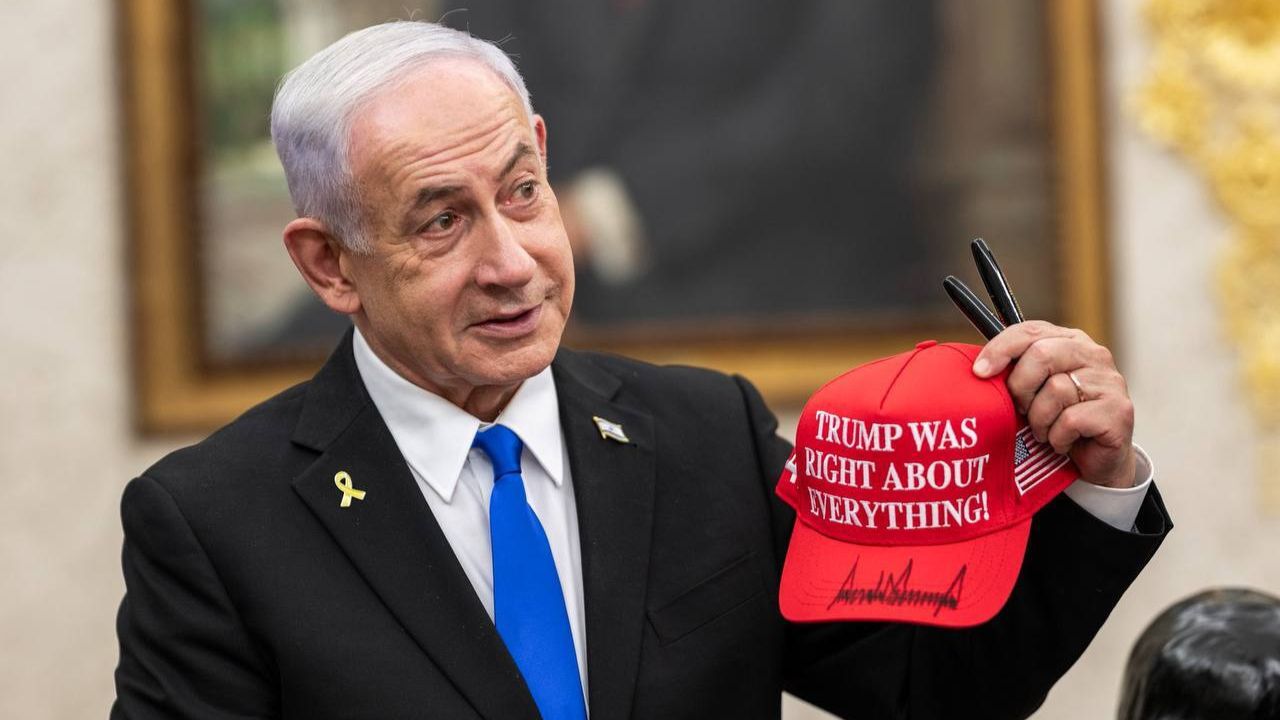Prime Minister Benjamin Netanyahu said Israel’s recent strike on Iran’s nuclear program would have gone ahead even without U.S. support, describing it as a historic operation that neutralized two existential threats: Tehran’s atomic ambitions and its ballistic missile arsenal.
Speaking in an exclusive i24NEWS interview, Netanyahu said the decision to act was clear to him from the start.
“With or without approval, we’re doing it,” he said, noting that he ultimately secured cooperation from President Donald Trump. “Fortunately, we have a very sympathetic president… but the decision was made to proceed regardless, because it is in our soul.”
Netanyahu claimed the action set Iran’s nuclear program back by “a good few years,” though he acknowledged the country retains 400 kilograms of enriched uranium. “We knew in advance it wouldn’t be destroyed,” he said. “It’s a necessary condition but not sufficient to produce nuclear bombs. They’re not currently in a position to advance.”
The Prime Minister said the strike was part of a broader campaign that included eliminating Hezbollah leader Hassan Nasrallah, Hamas leader Ismail Haniyeh, Mohammed Deif, and the Sinwar brothers. “We defeated Iran, which came to destroy Israel with atomic bomb, we eliminated two enormous existential dangers,” he said.
Netanyahu dismissed reports of “dragging feet” in the war, insisting the cabinet overwhelmingly supported his push to shorten operational timetables and move toward a decisive victory in Gaza. He said the goal remains ending the war, defeating enemies, and securing the release of all hostages, both living and dead, as part of one final deal. “I’m not going back to partial agreements,” he said. “They misled us. I want them all.”
Addressing tensions with the military echelon, Netanyahu said debates are “legitimate and necessary,” but once decisions are made, they are carried out. He accused former officials and “Kaplan movement” critics of spreading damaging misinformation and revealed that some military leaders opposed key operations, including entering Rafah, the pager operation, and the assassination of Nasrallah.
He also argued for allowing Gaza civilians to leave, drawing parallels to population movements in Syria, Ukraine, and Afghanistan. “Why should Gaza be closed?” he asked, saying Israel is in talks with other countries to receive them.
Netanyahu praised Trump for strengthening ties with Israel in this term, noting their previous work on the Abraham Accords and current cooperation against Iran. He contrasted this with the Biden administration, suggesting Washington’s pressure could have stopped major operations had he yielded.
The Prime Minister closed by urging an end to the war to stop daily diplomatic damage from images and accusations abroad. “Not to linger, not to brag, not to wait,” he said. “We need to go for a decision.”
